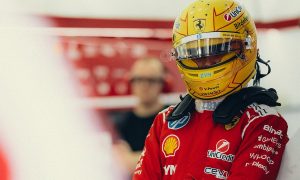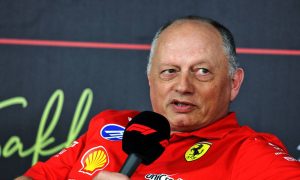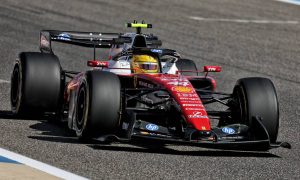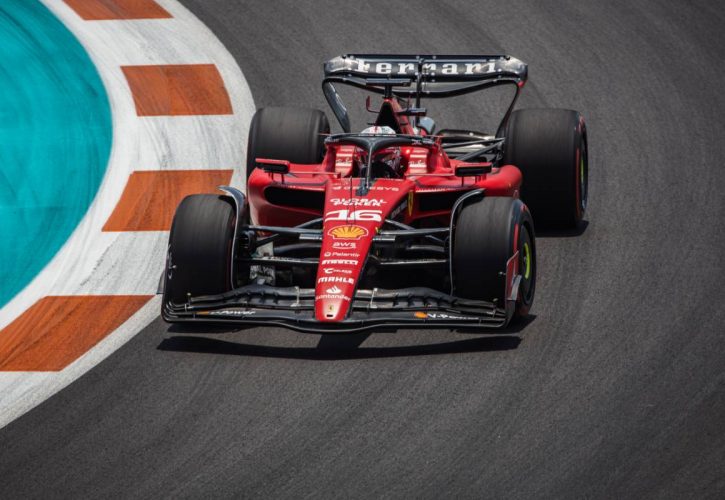
Ferrari believes that Charles Leclerc's crash in qualifying in Miami was the result of the Monegasque simply trying too hard.
Leclerc looked set to challenge poleman Sergio Perez on his final run in Q3, the Scuderia charger negotiating the rapid Turn 4 to Turn 6 complex at a blistering pace before losing control of his Ferrari on the entry to Turn 7.
For the second time of the weekend, the Scuderia charger veered off course and into the corner's outside wall.
The subsequent damage to Leclerc's SF-23 has forced the Scuderia to replace the car's rear wing, gearbox, floor and rear suspension, but no penalties will be incurred as the new elements are part of the driver's authorized allocation.
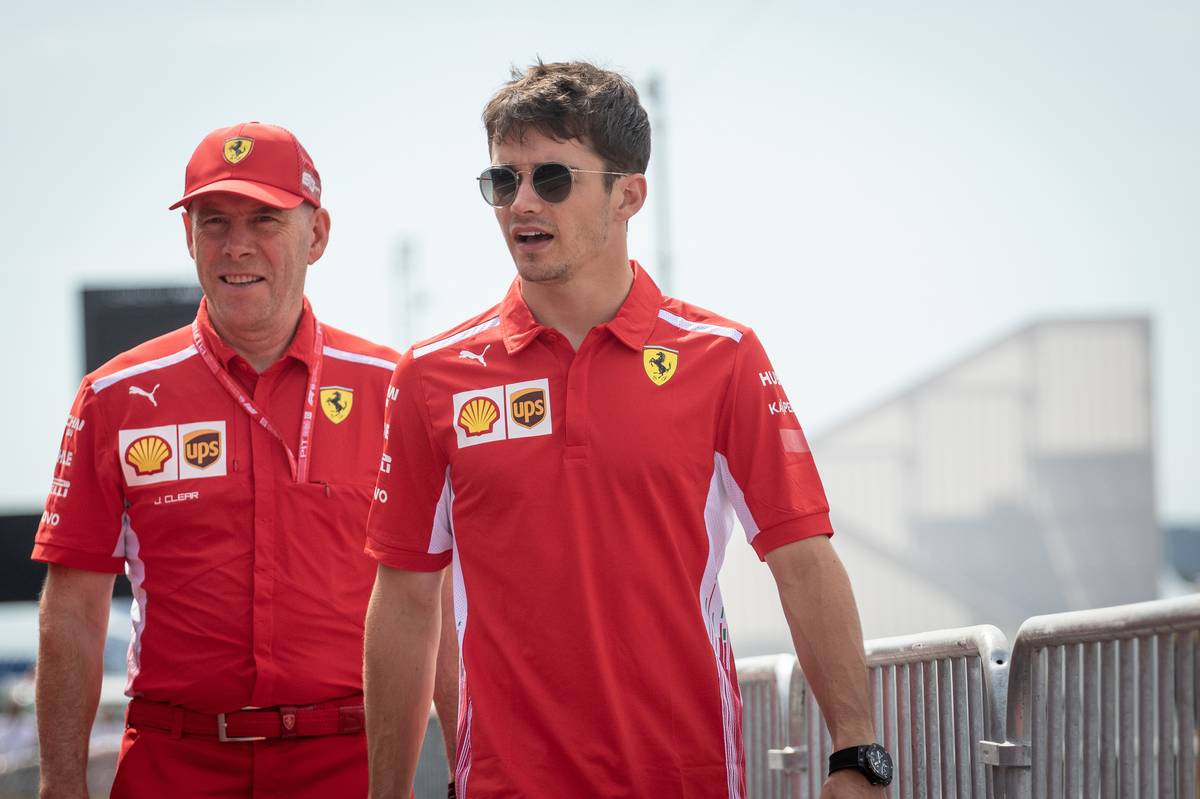
Leclerc was none to please with himself after the mishap, admitting that crashing twice at the same corner "shouldn't happen".
The 25-year-old reckoned that an "aggressive" set-up had put him on the ragged edge, but senior Ferrari engineer Jock Clear suggested that Leclerc's mistake was a simple case of a driver trying too hard.
"In some ways, this maybe is a reflection of his mindset when he is up against a car that is demonstrably quicker than him [like the Red Bull]," commented Clear, quoted by Motorsport.com.
"It's a sort of: 'I'm just going to have to make the difference myself'. Of course, physics ultimately catches you out."
It has been suggested that Leclerc is prone to making big mistakes while others claim that the odd errors are part and parcel of why he is so fast.
Regardless, Clear says that Ferrari will never ask its driver to change his approach.
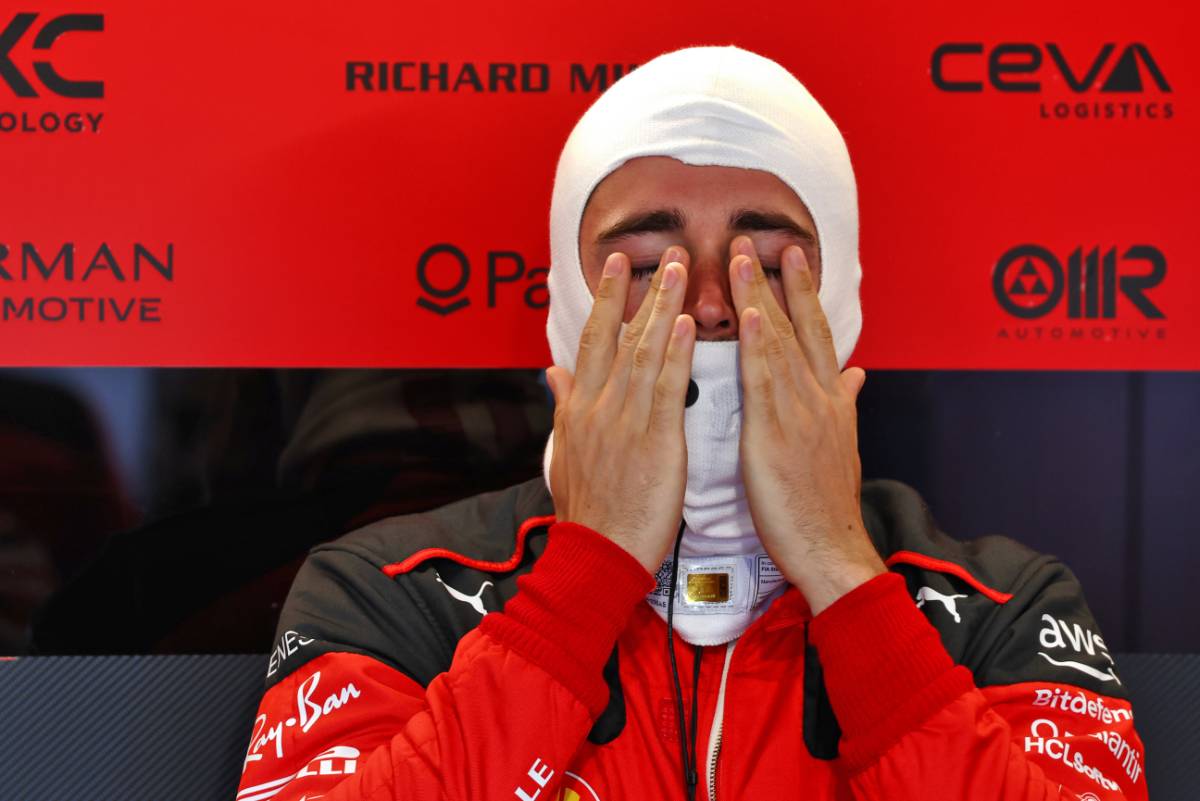
"We're not going say to him: 'Look, calm down, Charles'. Over the course of a year, his qualifying is outstanding. That puts him in a very strong position for a lot of races," contended Clear
"I think he smelled the opportunity for another pole position, to be honest, and mabe just got a bit ahead of himself."
Clear also dismissed any link between Leclerc's crash and the latest changes implemented by Ferrari to the floor of its SF-23 that features a new design destined to improve the car's overall aerodynamic performance and efficiency.
"It gives the driver a more consistent balance through medium-speed, high-speed, low-speed, and of course, braking and entry and then exit," he explained.
"Maybe what happened yesterday with Charles is actually a testament to that. He was really going for it in those high-speed Turns 4-6 curves."
Keep up to date with all the F1 news via Facebook and Twitter





